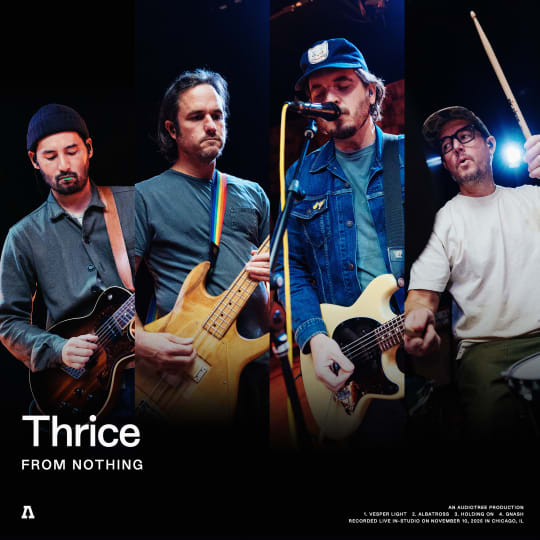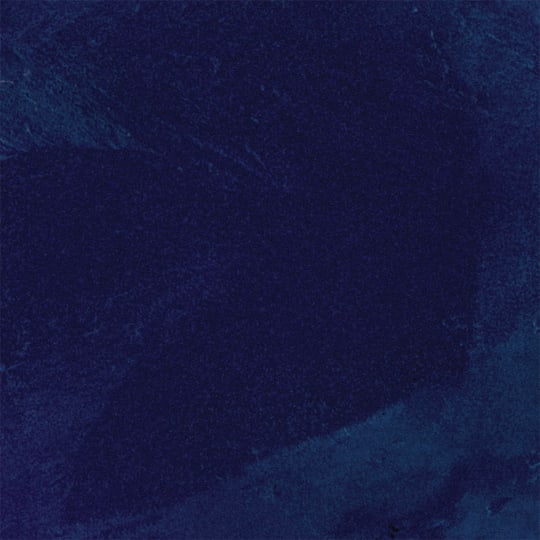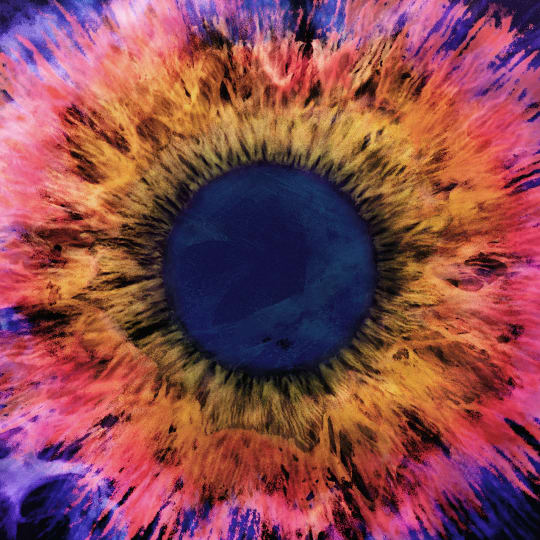Thrice Bio
Steadfast and straightforward creative conviction has guided Thrice since they emerged in the late '90s with a sound that combined hardcore grit and progressive ambition, establishing themselves as pioneers among their post-hardcore peers. From the underground punk scene to major labels and influential indie labels, with a rich catalog of intense, meaningful, and emotionally driven albums, Thrice is a singular entity that gains more significance with each new release among their fans.
The steady and consistent lineup of Dustin Kensrue (vocals/guitar), Teppei Teranishi (guitar), Eddie Breckenridge (bass), and Riley Breckenridge (drums) consistently evolves in sound and substance, exploring questions beneath the surface and refusing to accept easy answers or tired formulas.
From their earliest releases to the bold exploration of Vheissu (2005), the “creative milestone” (AltPress) of Beggars (2009), the poetic and brooding Major/Minor (2011), and their post-hiatus rebirth with To Be Everywhere Is to Be Nowhere (2016), Thrice built a reputation as a band for musicians, a band for songwriters, and a group with consistent integrity willing to take artistic and commercial risks. Palms (2018), their first for Epitaph, debuted at No. 1on Billboard’s Indie and Hard Rock charts.
And they’ve never lost their connection to their diverse audience, which is best understood beyond the Billboard charts and massive streams, through personal impact and a relationship forged through years. “It’s always amazing when people say the music got them through something difficult, or became the soundtrack to pivotal moment in their lives,” notes Kensrue.
Horizons/West, their 2025 full-length studio album, arrives as a companion to 2021’s Horizons/East. It continues the themes and sonic ambitions of its predecessor while standing entirely on its own.
Both albums were self-produced by the band and engineered by Teranishi at New Grass Studios, with mixing and additional production by Scott Evans (La Dispute, Pelican, Coilguns), and mastered by Matthew J. Barnhart. West is a natural continuation in terms of personnel and purpose.
Before work commenced in full on Horizons/West, Thrice reimagined their seminal 2003 album, The Artist in the Ambulance, for its 20th anniversary, as The Artist in the Ambulance (Revisited). The original is hailed in Rock Sound’s list of 25 Modern Classics and NME’s 20 Emo Albums That Have Resolutely Stood the Test of Time, but the band was never entirely satisfied with the mix or their peformances.
“We’d talked for so long about revisiting it,” Dustin says. “People said Revisited is like hearing the record for the first time all over again—and that’s what we wanted it to be. Like some weird sort of déjà vu.”
The double-decade anniversaries of The Illusion of Safety (2002) and The Artist… (2003), both celebrated live, inevitably fed the energy and creative self-assurance that resulted in Horizons/West, even prompting the reintroduction and reinterpretation of elements from their early days like double bass kick drum and more intense screaming.
The album finds Thrice further exploring and incorporating immersive atmospheres, cinematic guitar tones, and expansive dynamics without sacrificing the sense of urgency that propelled their classics. Songs build and bloom like flickering signals in the dark—equal parts introspection and confrontation.
“This is the first time we leaned into something that felt like a direct continuation, like a sequel to a previous album,” says Kensrue. Together, Horizons/East and Horizons/West form a panoramic diptych of change and conflict. While East focused on horizons as place of beginnings, expansions, and exploration, West takes the setting sun as it’s guiding metaphor. “The record explores the loss of light from a variety of angles, welcome or unwelcome, frightening or comforting, cyclical or final” Kensrue explains.
Beyond all this, the entwined albums serve as a testament to the staying power of a band that, for more than two decades, has defied categorization, turning restlessness into longevity, experimentation into anthems, and conviction into community.
Album opener "Blackout" invites the listener to deconstruct belief systems down to their core, seeing what remains in the aftermath in the light of personal experience. "Holding On" is an intense meditation on perseverance in the face of adversity. "Crooked Shadows" harshly illuminates a corrupt demagogue, whose charisma conceals corruption and whose downfall is inevitable. “Distant Suns” expands the perspective to a cosmic level, inspiring awe and wonder at the infinite and mysterious and the ways our actions are always connected to others, in both the present and the future.. "Unitive/West" completes the journey, considering a form of philosophical humility and embracing what comes when we let go of our intensely egoic grasping and merge with something greater.
Musically, Horizons/West blends the cinematic post-rock textures of Beggars and Major/Minor with the rhythmic intricacies of Horizons/East, and even moments of the raw urgency that marked their early albums. Kensrue's voice, ever expressive, ranges from a wounded whisper to an impassioned roar. At the same time, the band remains a tightly wound machine of emotion and precision.
Lyrically, Kensrue continues to explore some of life’s biggest questions, surrounding personal identity, societal manipulation, technological anxiety, and spiritual transcendence. “A lot of this record is about parsing reality,” he says. “We’re constantly being influenced by algorithms, by fear, by our own social echo chambers. Horizons/West tries to pull the curtain back on some of that.”
That sentiment echoes the thematic seeds planted in Horizons/East, which framed perception itself as a battleground. Tracks like “The Color of the Sky” and “Buried in the Sun” blurred the lines between inner turmoil and outside angst, highlighting the interconnectedness of these experiences. The lyrics to Horizons/West look further inward, without losing sight of the greater world at large.
“We’re not here to tell anyone what to think,” Kensrue adds. “But we are trying to create music that encourages people to think, to wrestle with ideas. That’s always been a core part of what we do.”
With Horizons/West, Thrice reaffirms its legacy while continuing to push forward. “We’re still curious,” Teranishi says. “Still chasing stuff that feels honest. That’s what keeps it interesting for us.”
Kensrue concurs. “We’ve always just followed our curiosity, wherever it leads. We want to keep growing, exploring, and making something that feels honest to who we are right now.”








